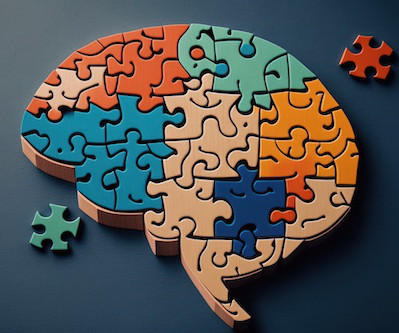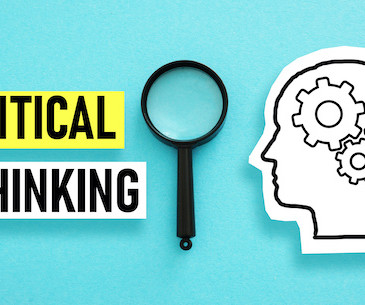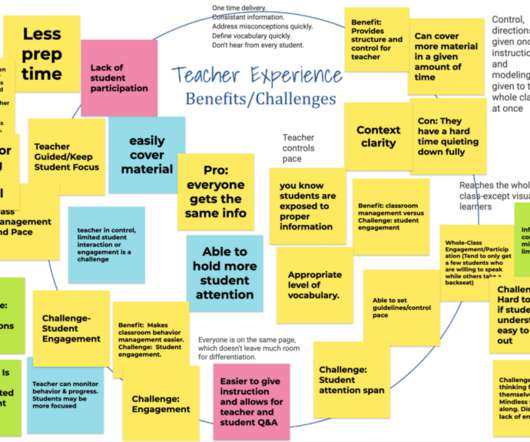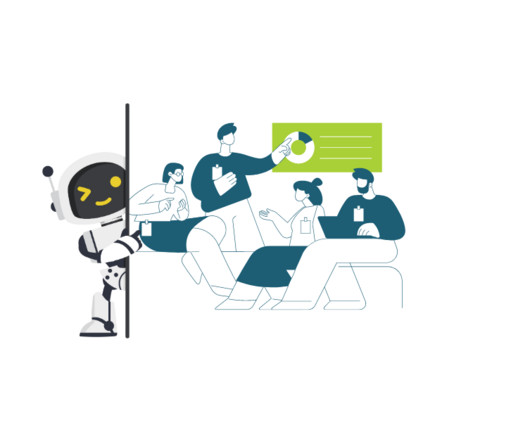5 strategies to close the critical thinking gap
eSchool News
JUNE 4, 2024
Most academic interventions focus on core knowledge and basic skills: Let’s practice two-digit addition. Read these passages for fluency. Most will have both a content knowledge component and a thinking component. Why focus on critical thinking? Review the parts of the cell. Learn these vocabulary words.
















Let's personalize your content